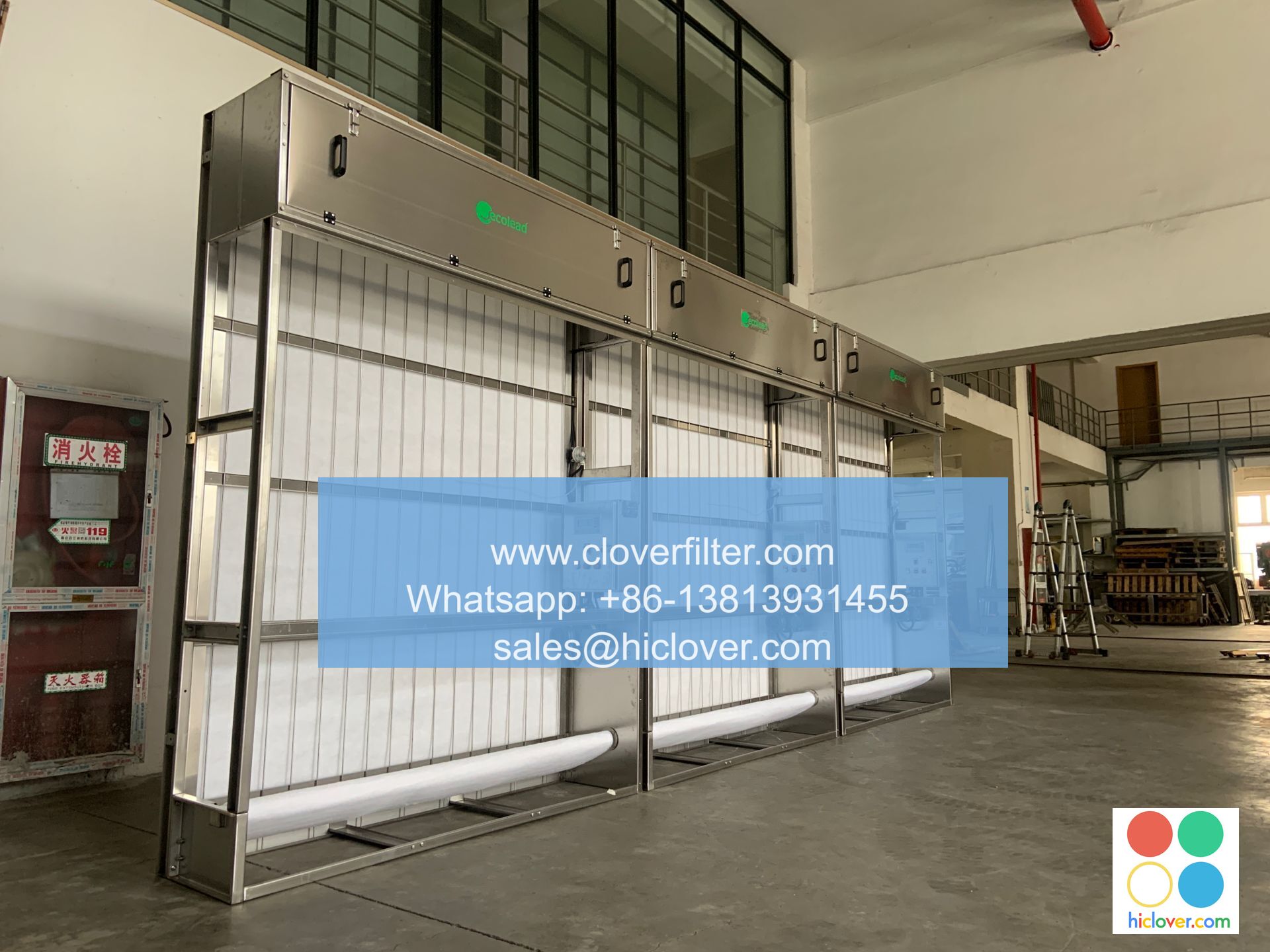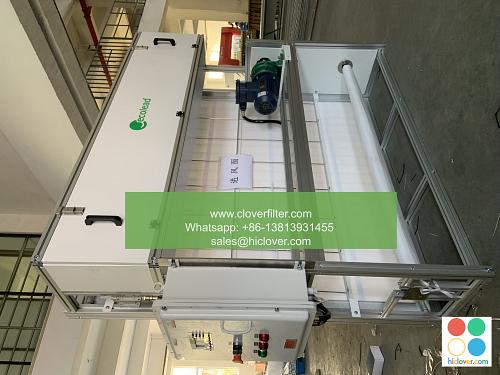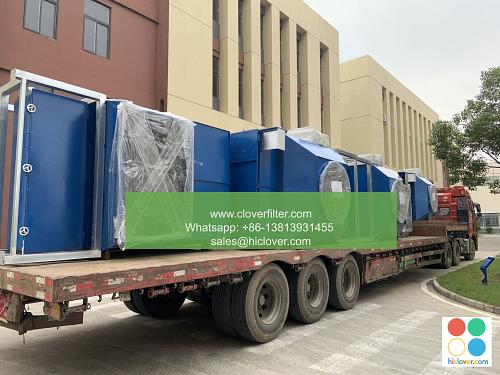The Role of Industry in Air Filter Regulations: A Guide to Collaboration

The air filter industry plays a vital role in maintaining indoor air quality, and as such, it is subject to various regulations and standards. In this article, we will explore the importance of collaboration between industry stakeholders, regulatory bodies, and air purification systems manufacturers to ensure that air filters meet the required standards for indoor air quality improvement and pollution control.
Introduction to Air Filter Regulations
Air filter regulations are put in place to ensure that air filters are designed and manufactured to meet specific air quality standards and emission control requirements. These regulations vary by country and region, but they all share the common goal of protecting public health and the environment. The air filtration industry must work closely with regulatory bodies to stay up-to-date on the latest air quality regulations and emission standards.
Key Players in Air Filter Regulation
Several key players are involved in the regulation of air filters, including:
- Government agencies: Responsible for setting and enforcing air quality regulations and emission standards.
- Industry associations: Representing the interests of air filter manufacturers and air purification systems suppliers.
- Standards organizations: Developing and maintaining air filter standards and testing protocols.
- Manufacturers: Designing and producing air filters and air purification systems that meet regulatory requirements.
- Commercial HVAC systems: Air filters used in commercial heating, ventilation, and air conditioning systems must meet specific air quality standards and emission control requirements.
- Industrial air pollution control: Air filters used in industrial settings, such as power plants and chemical processing plants, must meet stringent emission standards and air quality regulations.
- Residential air purification systems: Air filters used in residential air purification systems must meet specific air quality standards and emission control requirements.
- Aerospace and automotive industries: Air filters used in aerospace and automotive applications must meet specific air quality standards and emission control requirements.
- Improved air quality and public health
- Increased energy efficiency and cost savings
- Enhanced competitiveness and innovation in the air filtration industry
- Better regulatory compliance and reduced risk of non-compliance
Application Areas of Air Filter Regulations
Air filter regulations apply to various industries and applications, including:
Benefits of Collaboration
Collaboration between industry stakeholders, regulatory bodies, and air purification systems manufacturers is essential for ensuring that air filters meet the required standards for indoor air quality improvement and pollution control. The benefits of collaboration include:
Conclusion
In conclusion, the role of industry in air filter regulations is crucial for ensuring that air filters meet the required standards for indoor air quality improvement and pollution control. Collaboration between industry stakeholders, regulatory bodies, and air purification systems manufacturers is essential for achieving this goal. By working together, we can create a safer, healthier, and more sustainable environment for everyone. The air filtration industry must continue to evolve and adapt to changing air quality regulations and emission standards, and by doing so, we can ensure a brighter future for generations to come. You didn’t provide a question or topic for me to respond to. Please provide more context or information so I can assist you better. What would you like to talk about or ask?


